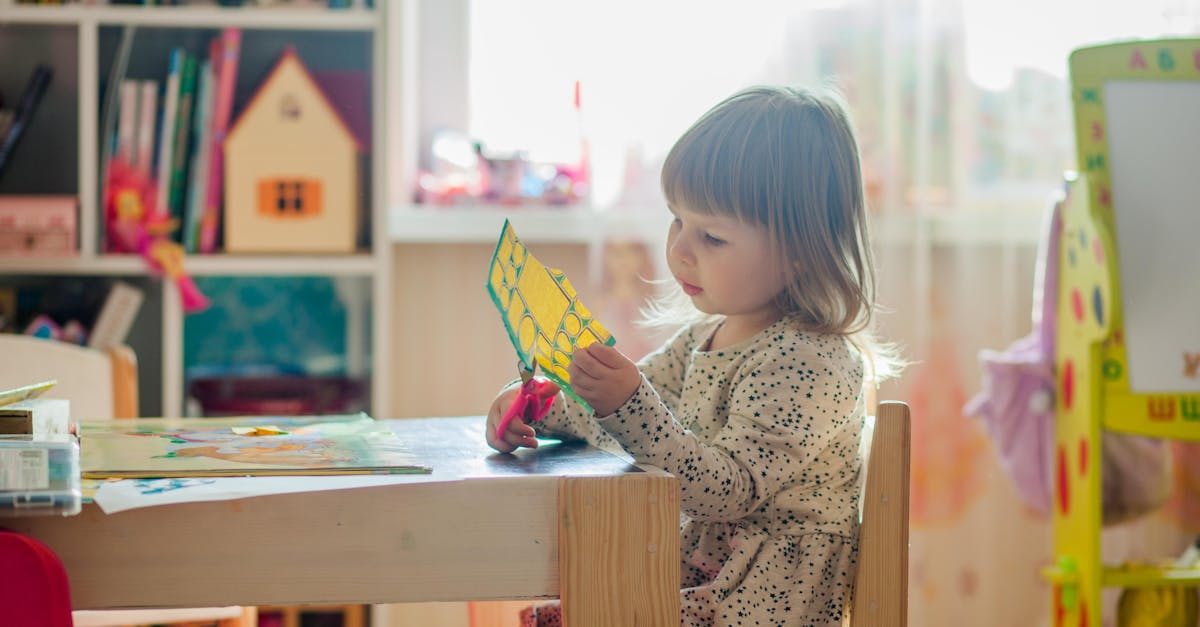
Engaging Students from Varied Backgrounds in SEL Practices
Incorporating Family and Community Involvement
Engaging families and community members in Social and Emotional Learning (SEL) practices can significantly enhance students' experiences. By fostering strong connections between schools and homes, educators create an environment where families feel valued and included in their children's educational journey. Initiatives such as parent workshops, community events, and regular communication help build relationships that support SEL objectives. When families understand the importance of emotional intelligence, they can reinforce these principles at home.
Partnerships with local organisations can further enrich the SEL curriculum. Collaborations with community centres, mental health professionals, and cultural groups provide diverse perspectives and resources that reflect the varying backgrounds of students. These partnerships facilitate access to tailored programmes and workshops that address specific community needs. By actively involving families and local entities, schools can cultivate a more comprehensive approach to social and emotional growth, ensuring that all students feel supported and connected.
Strengthening Connections Beyond the Classroom
Building relationships that extend past school walls can significantly enrich students' social and emotional learning experiences. By fostering partnerships between schools and local organisations, educators create opportunities for students to engage in community projects. These projects often reflect the diverse cultural backgrounds of the students, allowing them to see the value of their unique perspectives. Collaborative activities, such as service-learning initiatives, not only enhance students' skills but also reinforce their sense of belonging.
Parents and guardians also play an essential role in this process. Schools can host workshops to help families understand the principles of social and emotional learning. Inviting families to share their experiences and traditions can create a more inclusive environment. This approach not only helps bridge cultural gaps but also encourages open dialogue between students and their families. By nurturing these connections, schools can support students in developing resilience and empathy, both within the classroom and in their wider communities.
Using Technology to Enhance SEL Engagement
The integration of technology in social and emotional learning can significantly enhance engagement among students. Digital platforms offer interactive tools that foster collaboration and communication, enabling learners to express their thoughts and feelings more freely. Various applications provide safe spaces for students to share experiences, reflect on their emotions, and develop empathy. This form of engagement often resonates particularly well with learners who are more comfortable communicating through digital mediums.
rocess that helps students develop skills in areas such as self-awareness, self-management, social awareness, relationship skills, and responsible decision-making. It is important for students from varied backgrounds as it fosters inclusivity, enhances emotional intelligence, and supports academic achievement.Contact Us!
How can families and communities be involved in SEL practices?
Families and communities can be involved in SEL practices by participating in workshops, engaging in open communication with educators, and supporting SEL initiatives at home. Collaborating with community organisations can also create a network of support for students, reinforcing the skills learned in school.
What digital tools can enhance SEL engagement for students with diverse learning needs?
Digital tools such as interactive apps, online platforms for social interaction, and virtual reality experiences can enhance SEL engagement. These tools can cater to different learning styles and provide personalised support, making SEL practices more accessible to a diverse student population.
How can schools measure the impact of SEL on students?
Schools can measure the impact of SEL on students through various methods such as surveys, assessments, and observation. By tracking behavioural changes, academic performance, and student feedback, educators can gauge the effectiveness of SEL programmes across different backgrounds.
What challenges might schools face in implementing SEL practices for diverse student populations?
Schools may face challenges such as varying cultural perspectives on emotional expression, differing levels of family engagement, and resource limitations. It is essential for educators to understand these challenges and tailor SEL practices to meet the unique needs of their diverse student populations.
Related Links
Differentiating Instruction for SEL in Mixed-Ability ClassroomsCultural Sensitivity in SEL Training for Diverse Populations
Creating a Safe Space for Diverse Expressions of Emotions
Enhancing SEL for Gifted and Talented Learners
Building SEL Competencies for Students Experiencing Trauma
Strategies for Fostering SEL in Refugee and Immigrant StudentsSEL